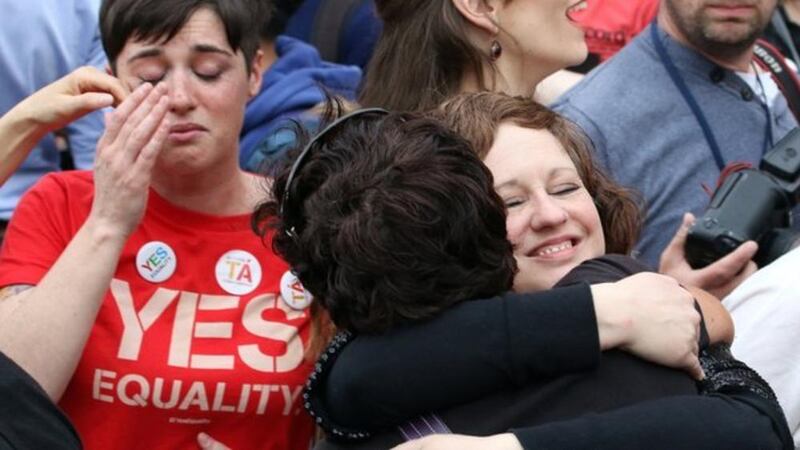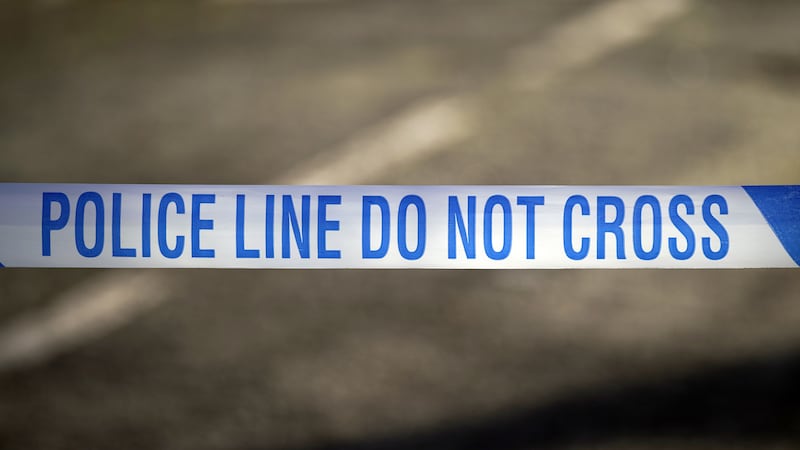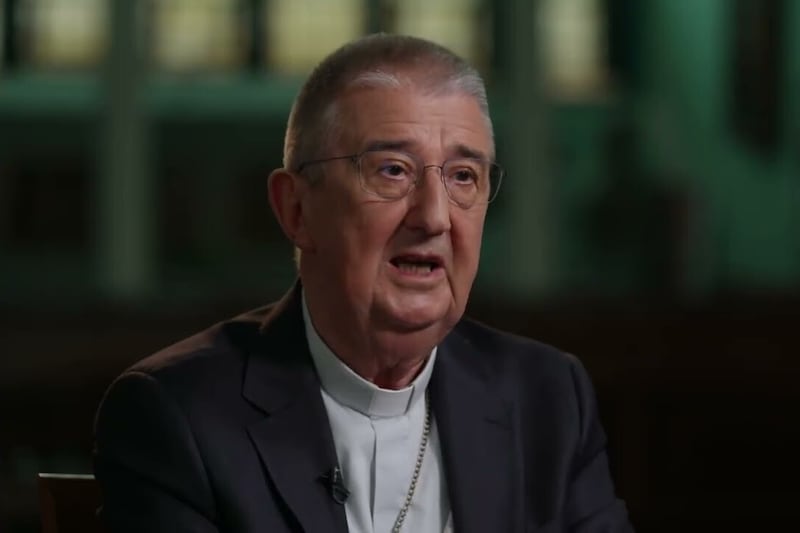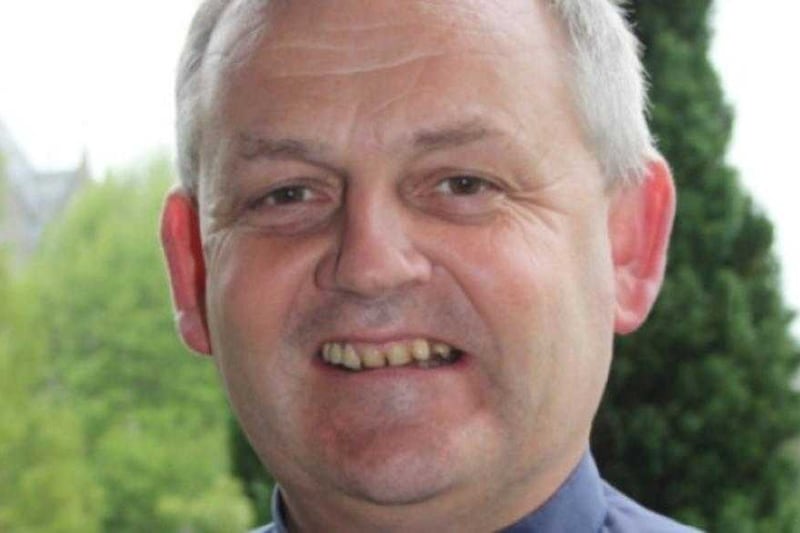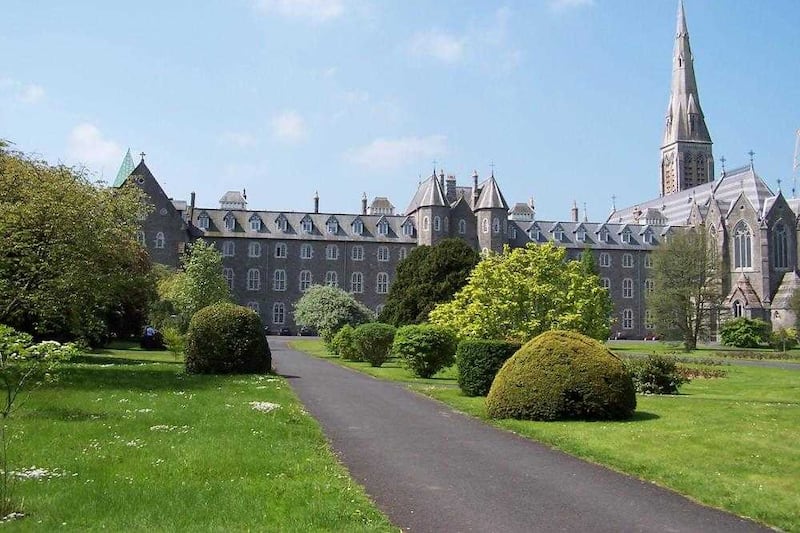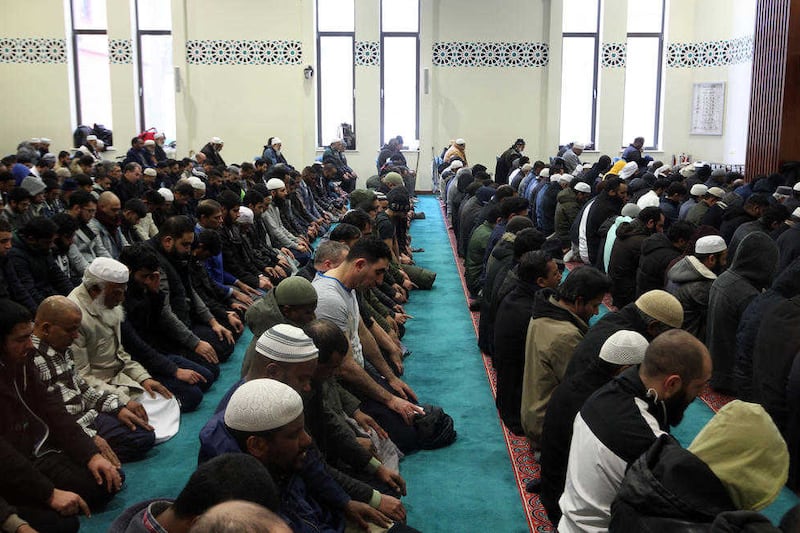THE electorate’s support of the marriage equality referendum is a single step, albeit an important one, for a Republic grappling for independence from its conservative past.
Traditionally, the south allowed religious institutions, particularly the Catholic Church, to act as the definitive moral compass for society, both inside and outside the home.
Archbishop Diarmuid Martin’s comment that the victory for those seeking the right of gay and lesbian couples to marry was a “social revolution” is part of a continuing journey.
In recent years, the south has been forced to take a gruelling look at its perceived values.
November marks the 20th anniversary of the 1995 referendum that saw De Valera’s ban on divorce removed from the constitution, by just a 9,114 votes, providing 80,000 people with the option of legally ending bad marriages.
The 2009 Ryan Report exposed how society’s unwanted children, those born outside of wedlock, were robbed of their childhood by “endemic” abuse in religious-run institutions while the 2014 McAleese Report gave a voice to women who had been locked inside Magdalene laundries.
To the world, the historic Republic was revealed as a place that hid anyone who did not conform to a desired norm behind high walls.
Throughout the chaos, there was another group whose members were forcibly closeted by prejudice, ignorance and fear.
The issue of same-sex relationships was thrust into the spotlight in 1982 by the horrific murder of Aer Rianta worker Declan Flynn (31), after he was battered to death by a group of teenagers in Dublin's Fairview Park. His killers walked free.
Over the years, the state decriminalised homosexuality, and it legalised civil partnerships, to tackle practicalities like succession and pension rights, but it fell short of granting full marital equality.
Couples were excluded from that highly symbolic institution that is seen as the ultimate act of commitment for two people.
The hard-fought marriage equality referendum campaign spoke volumes of the trenchant opinions on both sides and brought about change along the way.
The state got its first-ever openly gay government minister when Leo Varadkar (36) came out in January. And former Fianna Fáil minister Pat Carey (67) became a symbol of those silenced by conservatism in the past when he publicly revealed that he “didn’t have the courage” to speak out about being gay during his political career.
Some ‘no’ campaigners attempted to sway shy conservatives by claiming that a ‘yes’ vote would green light wide-scale surrogacy while the Catholic bishops warned that redefining marriage would be a “grave injustice”.
But around 1.2 million people sought change when they voted for same-sex marriage on Friday, but the jubilation must be accompanied by a desire to continue the process of acknowledging those still disenfranchised and marginalised in their midst.
